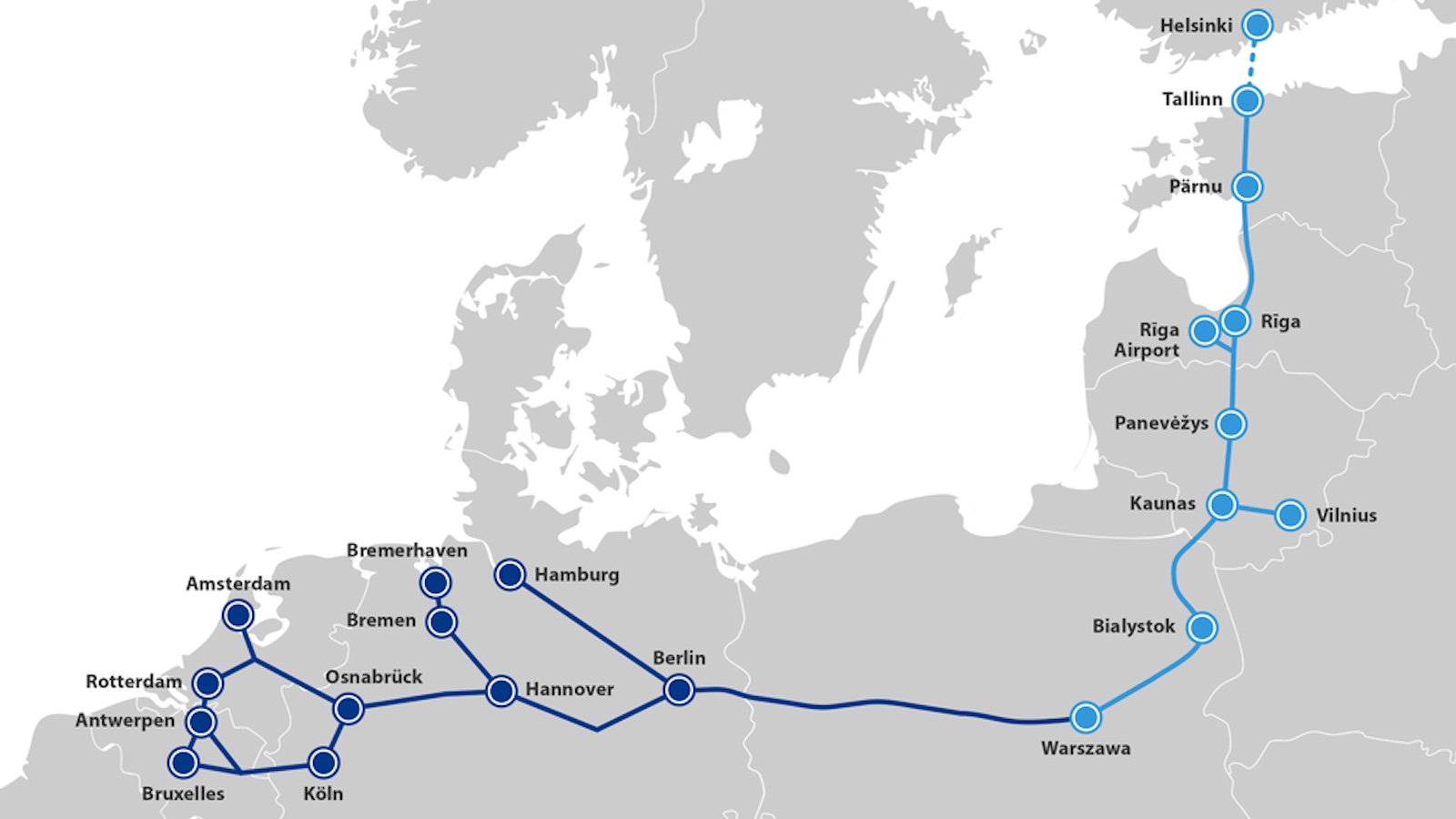The former Secretary of Transportation outlines his action plan for America’s future.
Norm Mineta: I’m Norm Mineta and I’m Vice Chairman of Hill & Knowlton.
Question: Why is infrastructure important?
Norm Mineta: Well, the reason that infrastructure is so important is it’s directly linked to productivity increases and there’s been a tremendous amount of productivity increase since the end of World War II and that increase stopped maybe not stopped but it slowed down about maybe 10, 12 years ago. They were still increasing but the rate of the increase flattened out. But in the last, I think, five years or so, five to eight years, productivity has gone down because of congestion in urban areas.
And so my feeling is that here we are competing in a globally economic place and we cannot allow and we can’t afford to have our productivity going down at a time when we’re competing in the economic world marketplace, and so that’s why need this kind of infusion of money into infrastructure.
Topic: Taxes.
Norm Mineta: Well, the logical source in the past has been the gasoline tax or the fuel tax for a diesel fuel or excise tax on batteries and tires, etc. Now, with the fuel efficiency of automobiles going up, the 18.4 [percent] federal gasoline tax just produces less money into the Highway Trust Fund.
So, it’s either going to be increased gasoline taxes for which those have resistance or some other form of fuel tax maybe based on the odometer reading, but there’s still going to be a gap from what that generates and what the needs are. And my feeling is that public-private partnerships ought to be used to fill that gap.
Norm Mineta: I think when you think about infrastructure, it probably would surround what I would think of maybe as employment, especially right now, giving the unemployment rate, what does it do in terms of employment? What does it do in terms of the environment? And what does it do in terms of the economy as a whole? And I think from there you can take subsets of each of those broad areas and come up with criteria that would be applicable to any project that might be funded so that you’re looking for efficiency and effectiveness of that funding. So that at the end of the day, it’s not just the question of, oh, that’s nice, you spent $200 million on that project, but what did we get for that $200 million?
Norm Mineta: It seems to me that there’s been a lot of talk about return to more bipartisanship that the American people are tired of the kind of constant bickering going on back and forth between the Congress and the executive branch and that there ought to be more civility, I guess, in the relationship between the administration and the Congress and within the Congress as well.
November 12, 2008





